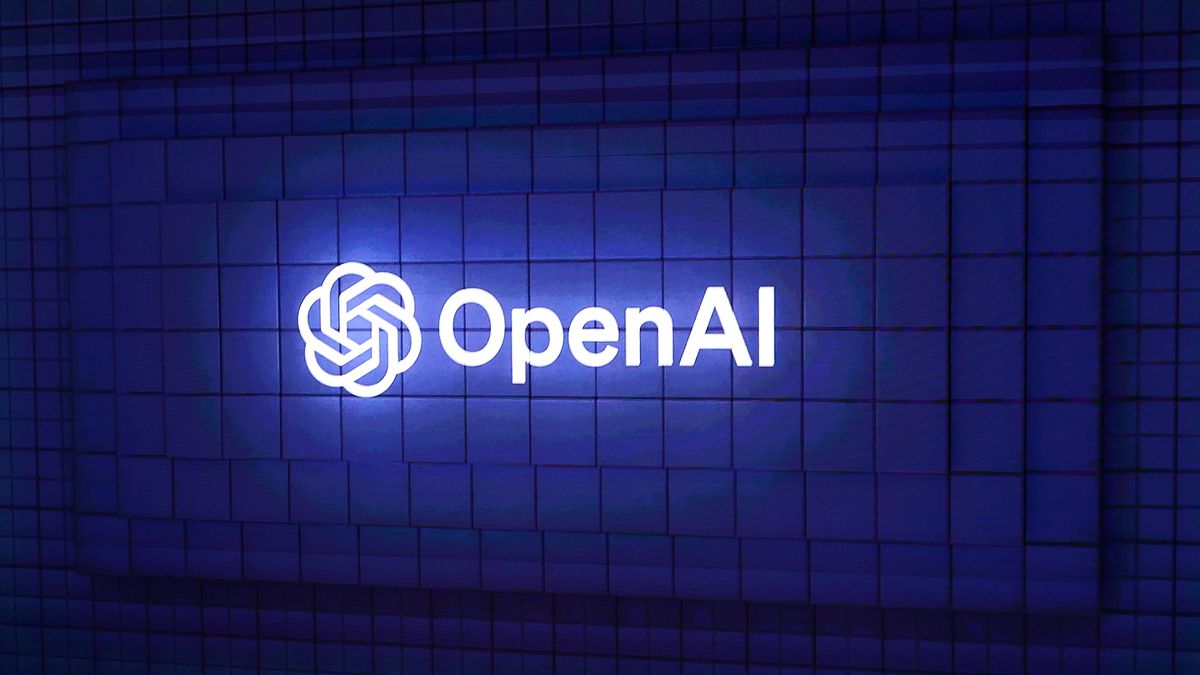Everything you need to know about Operator, OpenAI’s new AI agent

OpenAI has unveiled its first AI agent — but “Operator” remains a research preview, rather than a final product.
AI agents are believed by many to be the “killer app” for generative AI, allowing the much-hyped technology to take on practical workloads by automating processes and taking action, rather than only providing information.
The end of last year saw a slew of AI agent announcements, with the arrival of an experimental agent in Anthropic’s Claude, Google including a limited release of agents in Gemini 2.0, and a public preview for Microsoft’s Copilot agents.
But industry leader OpenAI made clear its agent wouldn’t arrive until this year, with CEO Sam Altman saying that 2025 was the year that “agents will work”.
Only a few weeks into the year, OpenAI has unveiled Operator, an agent that uses its own web browser to perform tasks, such as typing, clicking and scrolling, the company explained in a blog post.
“The ability to use the same interfaces and tools that humans interact with on a daily basis broadens the utility of AI, helping people save time on everyday tasks while opening up new engagement opportunities for businesses,” the company said.
How OpenAI’s Operator agent works
The agent is powered by its own model, which uses GPT-4o’s vision and text reading skills. Operator takes a screenshot, analyzing the image to decide where action can be taken — such as a form or a button.
Users type in the task they’d like done, sending it off to take action, though workflows can also be personalized with custom instructions or preferences.
“If it encounters challenges or makes mistakes, Operator can leverage its reasoning capabilities to self-correct,” the company said. “When it gets stuck and needs assistance, it simply hands control back to the user, ensuring a smooth and collaborative experience.
Indeed, OpenAI made clear the tool was in the early stages — that echoes warnings from rival Anthropic, which said its Claude agent was experimental, as it was “at times cumbersome and error-prone”.
Google and Microsoft both have kept their agents in preview modes as well.
“Operator is currently in an early research preview, and while it’s already capable of handling a wide range of tasks, it’s still learning, evolving and may make mistakes,” the OpenAI blog post noted.
“For instance, it currently encounters challenges with complex interfaces like creating slideshows or managing calendars. Early user feedback will play a vital role in enhancing its accuracy, reliability, and safety, helping us make Operator better for everyone.”
OpenAI touts safety features
OpenAI detailed a series of safeguards built into the system, highlighting efforts to keep users in control and prevent abuse.
The company said Operator was trained to always ask for input at critical points, such as typing in sensitive information like passwords or payment details, as well as asking for confirmation before taking significant actions, like placing an order or hitting send on an email.
Operator is trained to decline sensitive tasks such as banking transactions or making decisions on job applications, the company says, and though it can be used with email or banking sites, it will ask for closer supervision to help avoid mistakes.
On the data privacy front, OpenAI said the agent has an easy training opt out, so user data and activity won’t be used for training models, and users can easily delete browsing data, logins and conversations.
Recognizing that hackers will start targeting AI agents, OpenAI has included defensive measures into Operator’s behaviour and browser, letting it detect and ignore prompt injections and pause a task over suspicious behaviour, which will be updated via automated and human moderation.
“We know bad actors may try to misuse this technology,” the company said. “That’s why we’ve designed Operator to refuse harmful requests and block disallowed content.”
But, the post also warned that it wouldn’t be possible to catch everything. “While Operator is designed with these safeguards, no system is flawless and this is still a research preview; we are committed to continuous improvement through real-world feedback and rigorous testing,” the post said.
What’s next
So far, Operator is only available for Pro level subscribers in the US. OpenAI said it planned to expand availability for the agent by offering it to Plus, Team and Enterprise subscribers and adding it directly into ChatGPT — but not until the company was confident in its “safety and usability at scale.”
That said, OpenAI was already working with corporate partners to build agents using Operator, including DoorDash, Instacard, Uber and more.
“By releasing Operator to a limited audience initially, we aim to learn quickly and refine its capabilities based on real-world feedback, ensuring we balance innovation with trust and safety,” the company explained.
Beyond working on extending availability and addressing user feedback, OpenAI said it was working to improve Operator’s ability to handle longer and more complex workflows, and would make it available via the API so developers could build their own agents.
Source link











